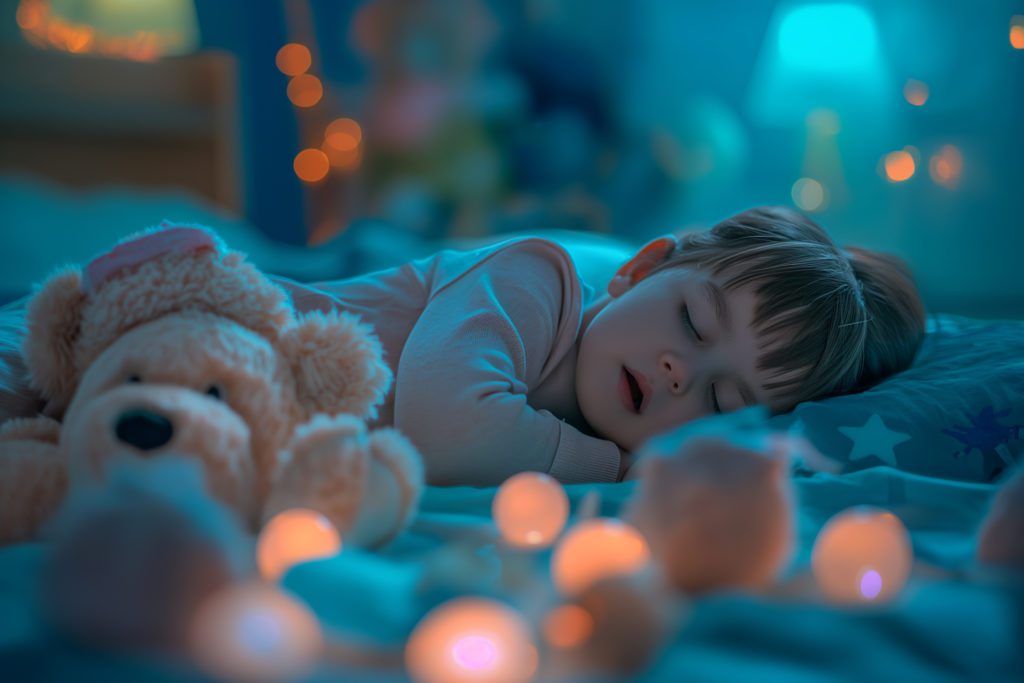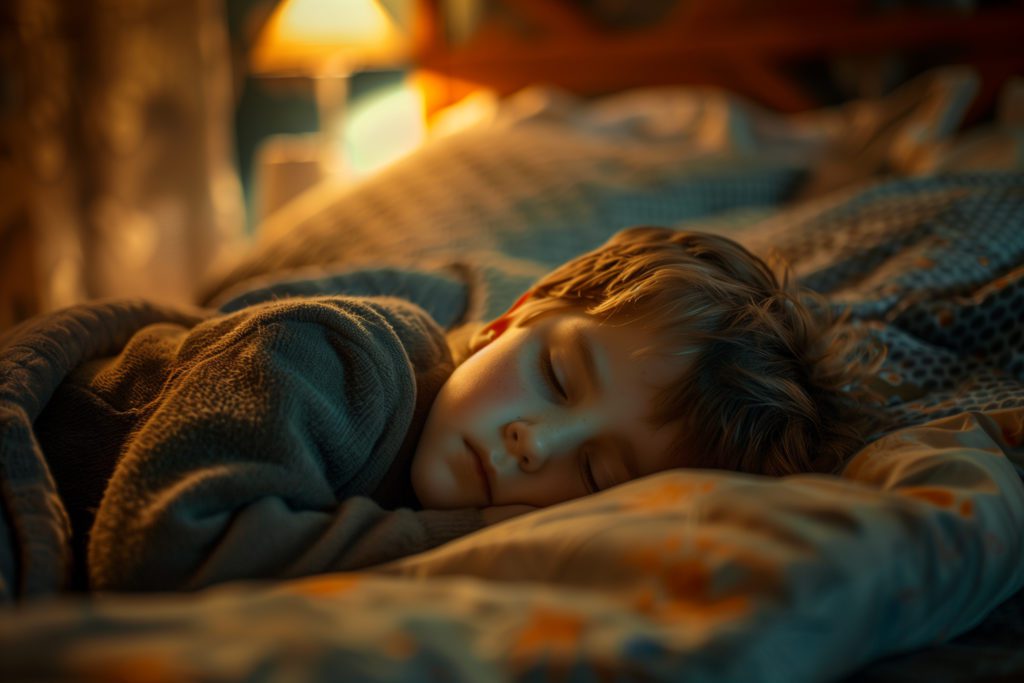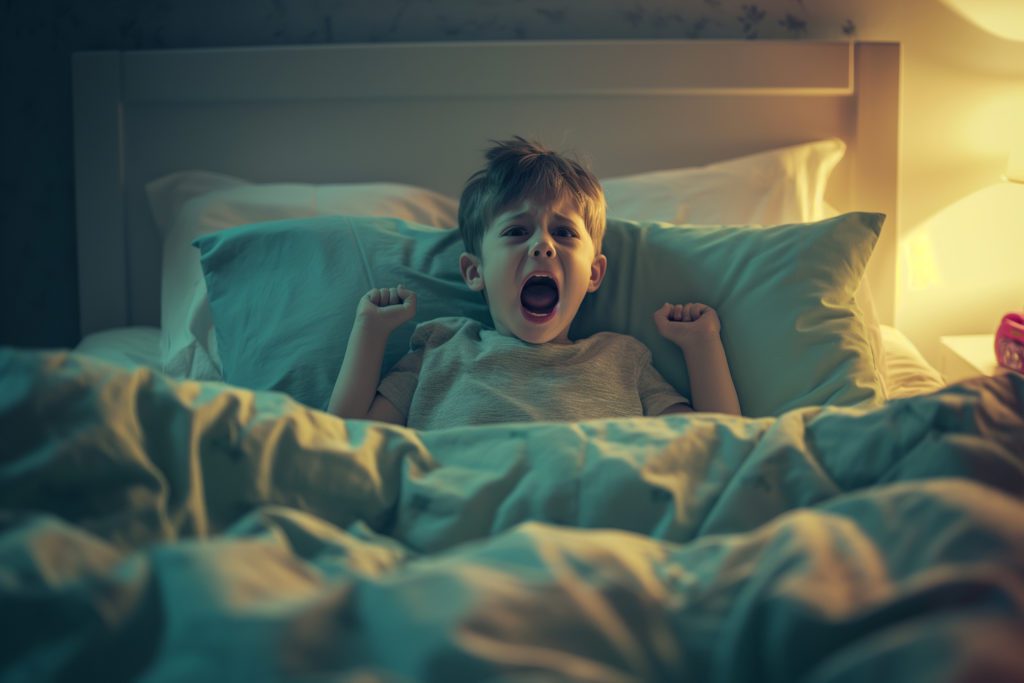
Understanding Bedwetting: Causes, Impacts, and Psychological Effects
Are you concerned about bedwetting? Read more to learn about its causes, impacts, and long-term psychological effects.

For many individuals, bedwetting is something that occurs at a young age, but it can happen to anyone at any age. While you might not be a kid or have children, it is still essential to understand bedwetting, including what causes it, what the impact of it is, and how it psychologically may impact those who have experienced this in their lives. Fortunately, we have compiled the latest research to help you understand bedwetting.
We’ll explore the definition of bedwetting and what it is, as well as what researchers believe causes this situation. Additionally, we’ll dive deep into the impact of bedwetting on the individual, as well as what might psychologically happen as a result of even one instance of this situation. By the end of this article, you’ll fully understand bedwetting and why this issue should be given more attention.
What is Bedwetting Defined As?
Bedwetting, also called enuresis, is a common issue for many children. If you have kids—or maybe even when you were younger—you may remember wetting the bed as a kid. It is entirely normal, especially if you are between the ages of 3 and 6. That’s because right around this time, you’re learning bladder control and may struggle at first with this new bodily skill (Source: PubMed).
In fact, if you had a bedwetting incident as a kid or your child may have experienced one, it’s pretty common, even with older kids. About 15.5% of participants who were around seven years of age in one study confirmed that they experienced some level of bedwetting. For some kids, this issue can persist into their young adulthood and beyond, but part of understanding why this is the case is realizing what may cause bedwetting to begin with.
What Causes Bedwetting?
Believe it or not, a combination of factors plays a role in bedwetting. Many people believe it’s just the fact that kids don’t hold their bladders as well as they should or that they have not learned that skill yet. However, it’s not as simple as just one specific issue that causes this to happen, but potentially several. Each individual may suffer from their own unique challenges that cause bedwetting, but experts have narrowed it down to a few standard potential causes.
According to the Mayo Clinic, some of the most common reasons why bedwetting occurs include the following:
- Smaller bladder
- Lack of awareness of a full bladder
- Hormone imbalances
- Sleep apnea
- Diabetes
- Constipation
- Issue in the urinary tract or nervous system
- Urinary tract infection
Evidently, there are many reasons why people might wet the bed. It should be noted that before the age of seven, most people conclude that this is because of the child’s age and their own need to develop the skill to hold their bladder overnight. However, beyond that, factors like stress, anxiety, or even ADHD can be potentially associated with reasons that your child or someone you know might wet the bed.
What is the Impact of Bedwetting?
As you might expect, bedwetting itself has an exciting and often negative impact on those who have experienced it. Many kids, especially those over the age of seven who may be surrounded by others who don’t have this issue, feel more guilt, shame, and embarrassment. Think back to when you were a kid. It can be really detrimental to one’s mental health to experience bedwetting, especially if your other friends have already tackled the issue!
For parents and kids alike, they may also feel sad about the situation. Parents who attempt to help their kids with their bedwetting find that they may feel helpless, or they may even think that it is a matter of luck rather than planning and hoping that the child has a dry night (Source: Journal of Advanced Nursing).
Bedwetting is also potentially a barrier for many kids and their social lives. Some kids, especially those over a certain age, fear having sleepovers with their friends to avoid unfortunate accidents that could happen not only to their friends but also to others in their class. Some kids also develop rashes on their bottoms as a result of bedwetting because they could potentially sleep in wet underwear. In the long term, however, this might lead to other psychological impacts.
What Are the Long-Term Psychological Impacts of Bedwetting?
In the long term, those who struggle with bedwetting may suffer more than others. Studies have shown that children who continue to experience bedwetting may struggle with less self-esteem as compared to others, including heightened levels of distress and sadness. However, there are other associations that also show that bedwetting could be an indicator of future psychological challenges.
Studies have demonstrated that stress later on in one’s life—for those who previously had issues with bedwetting—might lead to a relapse in bedwetting as a result. Others also have shown that children who have issues with bedwetting will also be more likely to have issues related to behavioral problems and emotional issues. These specific issues have been shown to show up later in life but often remain associated with their early experiences and difficulties with bedwetting (Source: European Child and Adolescent Psychiatry).
As you can see, long-term psychological challenges are often associated with bedwetting, especially regarding behavioral and emotional concerns. This is critical information that may not only help your kid but could help others in your life by understanding their situation.
Overcoming the Challenges of Bedwetting
Bedwetting can be a debilitating issue to handle, especially for those who are struggling with this currently. Hopefully, the information presented in this article has helped you better understand this condition, and also provided you with solutions to help those in your life who may struggle with this. With the tips presented here and the insights we have gathered, you can take steps to overcome the challenges of bedwetting not only to improve your psychological health but also to improve your quality of sleep.

Written by
Marie Soukup
Marie Soukup is a seasoned copywriter, editor, and Integrative Nutrition Health Coach with a certificate from the Institute of Integrative Nutrition (IIN). With years of experience working with brands across diverse industries, Marie is passionate about holistic health and crafting compelling content.
Download Pillow
Get help
Press & News
Legal
Connect
X (Twitter)
Company
Copyright © Neybox Digital Ltd.



